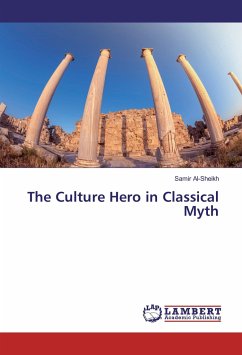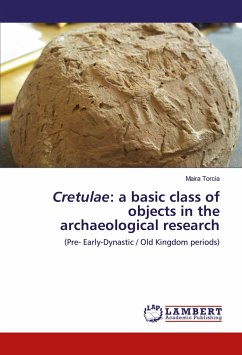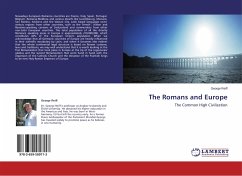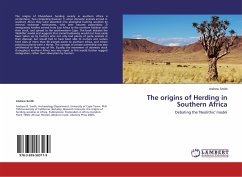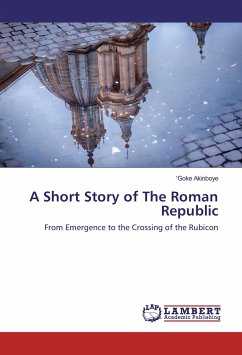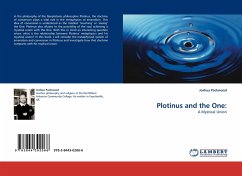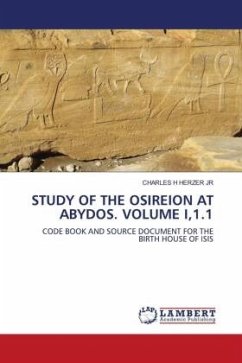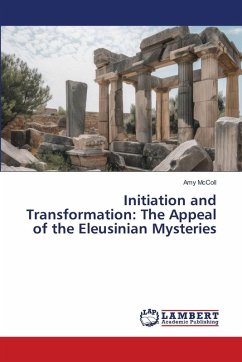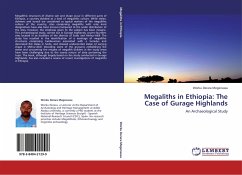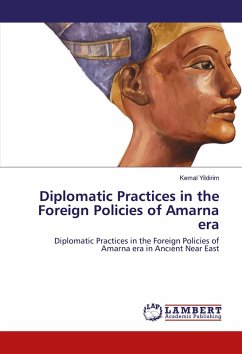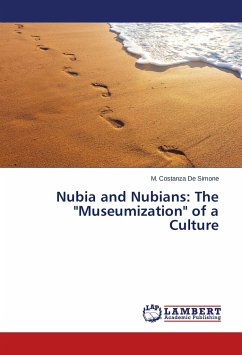
Nubia and Nubians: The "Museumization" of a Culture
Versandkostenfrei!
Versandfertig in 6-10 Tagen
56,99 €
inkl. MwSt.

PAYBACK Punkte
28 °P sammeln!
Nubia, located in what is now the northern part of the Republic of the Sudan and Upper Egypt, is among the most excavated corners of the world. Here, for over a century, there have been ongoing large-scale archeological rescue operations spurred on by an extensive program of damming the Nile which is submerging the territory. If this trend is not reversed, museums will become "the only and sole alternative" venues where, what we call "Nubian culture," can still be admired and understood. The objective of this research is to analyze how, as a concept and archeological presence, "Nubia" has been...
Nubia, located in what is now the northern part of the Republic of the Sudan and Upper Egypt, is among the most excavated corners of the world. Here, for over a century, there have been ongoing large-scale archeological rescue operations spurred on by an extensive program of damming the Nile which is submerging the territory. If this trend is not reversed, museums will become "the only and sole alternative" venues where, what we call "Nubian culture," can still be admired and understood. The objective of this research is to analyze how, as a concept and archeological presence, "Nubia" has been dealt with so far, and with what battles it has to contend now that museums are changing their identity and trying to adapt themselves to the political trend of this century which is all about conflict of identity. The 'analytical tour' of Nubian collections, presented in this research, includes museums within and beyond the boundaries of Nubia. It represents the first attempt to sheds light on how Nubia has been understood, created and silenced in the most important venues and smaller contexts and if and how modern Nubians are involved in this process.



